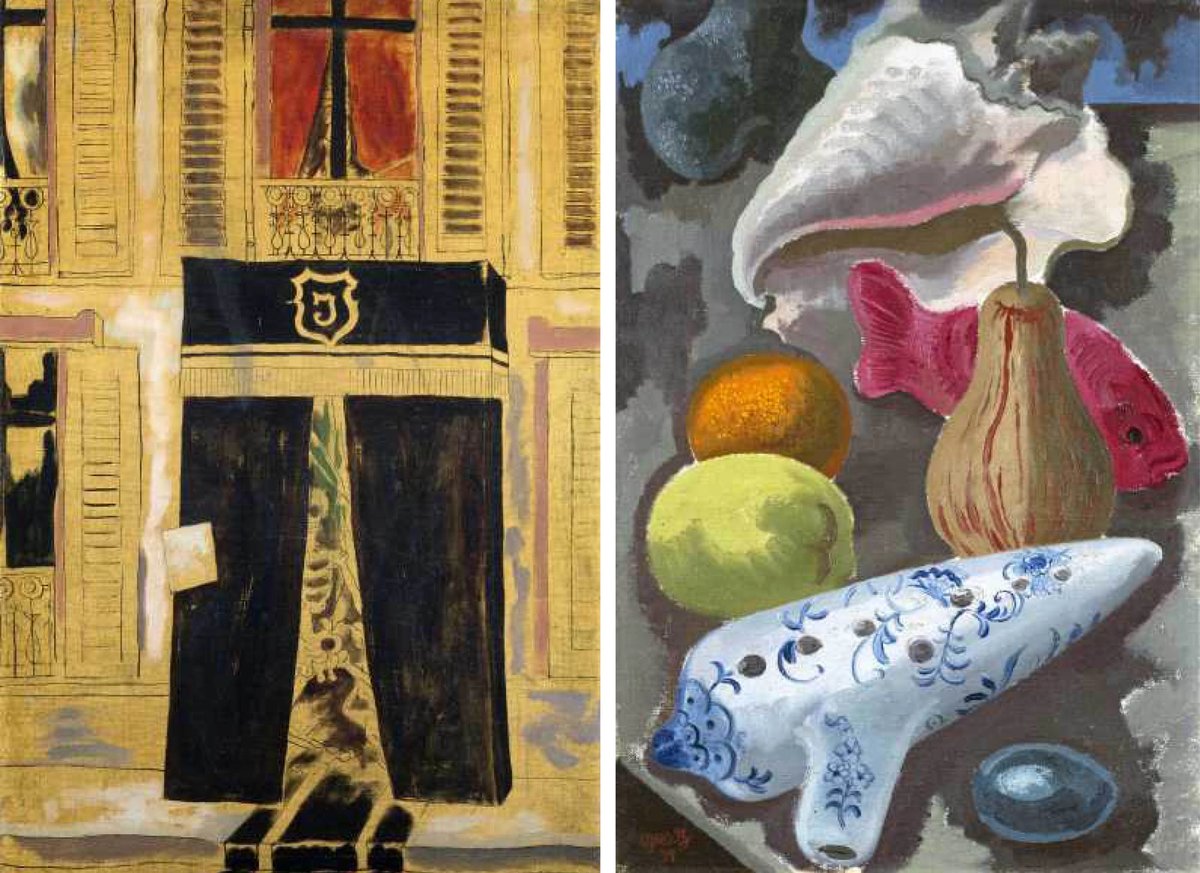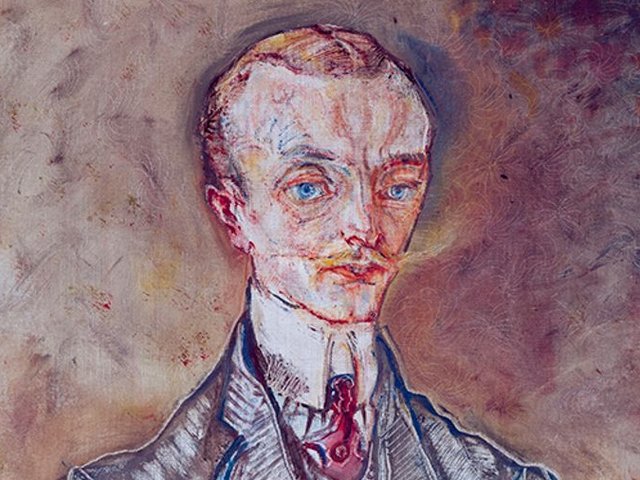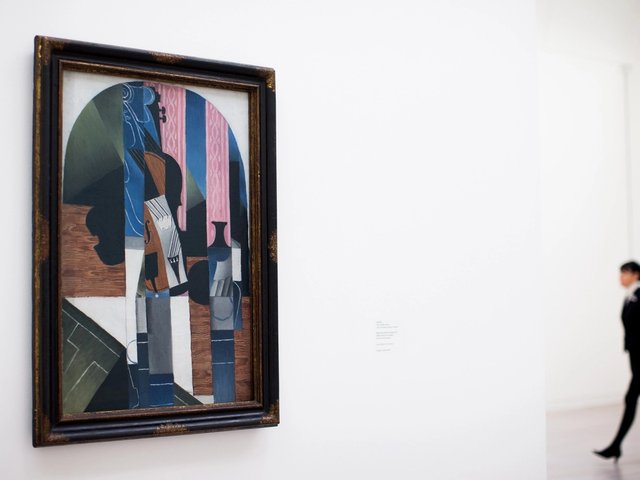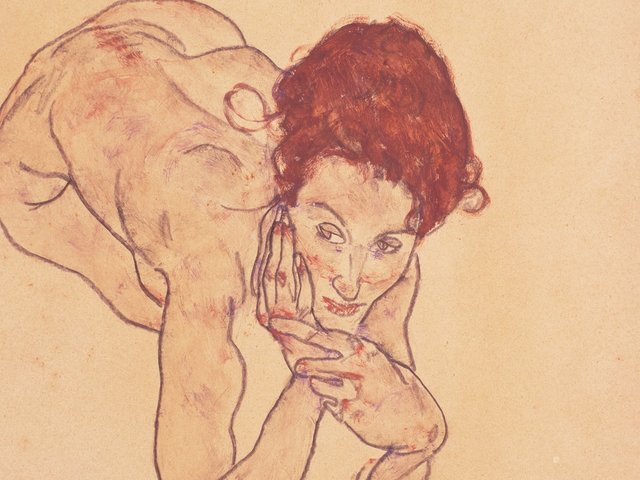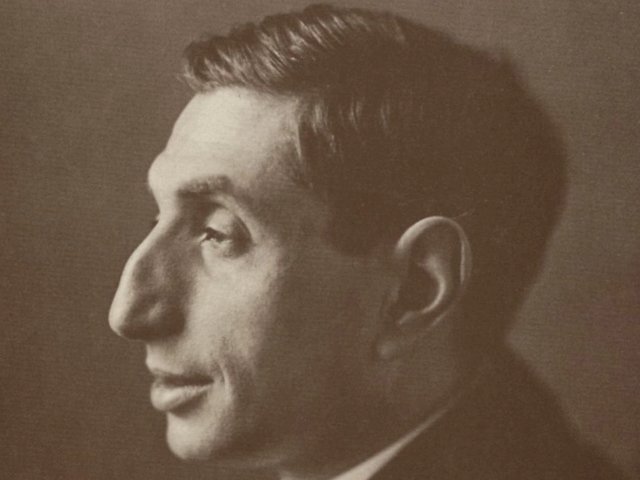Germany’s advisory panel on Nazi-looted art has rejected a claim by the heirs of George Grosz for two of his paintings held in the collection of the Bremen Kunsthalle, saying there is no evidence to support the claimants’ view that they were lost as a result of persecution.
The panel said there is no doubt that although Grosz was not Jewish, he “suffered individual persecution under the National Socialists due to his political opposition to National Socialism and on ideological grounds”.
Grosz emigrated from Germany to New York in mid-January 1933, shortly before Adolf Hitler was appointed chancellor. He obtained American citizenship in 1938.
According to the panel, Grosz delivered the two paintings in question, Pompe Funèbre (1928) and Still Life with Ocarina, Fish and Shell (1931), to his former dealer Alfred Flechtheim immediately after he had produced them, for sale on commission.
While the heirs argue that Flechtheim kept both works on consignment, there is evidence to suggest that Grosz transferred ownership of Pompe Funèbre to Flechtheim before the Nazis came to power, as part of a settlement on a debt he owed. “The painting was not transferred as a consequence of Grosz’s persecution, but in response to the heavy debt burden that Grosz already had with Flechtheim before 30 January, 1933,” the panel wrote.
Flechtheim, who was Jewish and a victim of Nazi persecution, was Grosz’s official sales agent in Germany from 1923 until 1931, when the dealer terminated the arrangement. At that time, Grosz owed Flechtheim a total of more than 16,000 Reichsmarks. He failed to pay off his debts in the agreed installments, although Flechtheim’s gallery made repeated demands for repayment.
In the case of Still Life with Ocarina, Fish and Shell, its provenance from May 1932 until 1960 remains unknown, the panel said. “It is up to the claimants to prove both their ownership of the painting and their loss during the period of persecution,” the panel stated.
Both works were acquired by the Bremen Kunsthalle in the 1970s.


